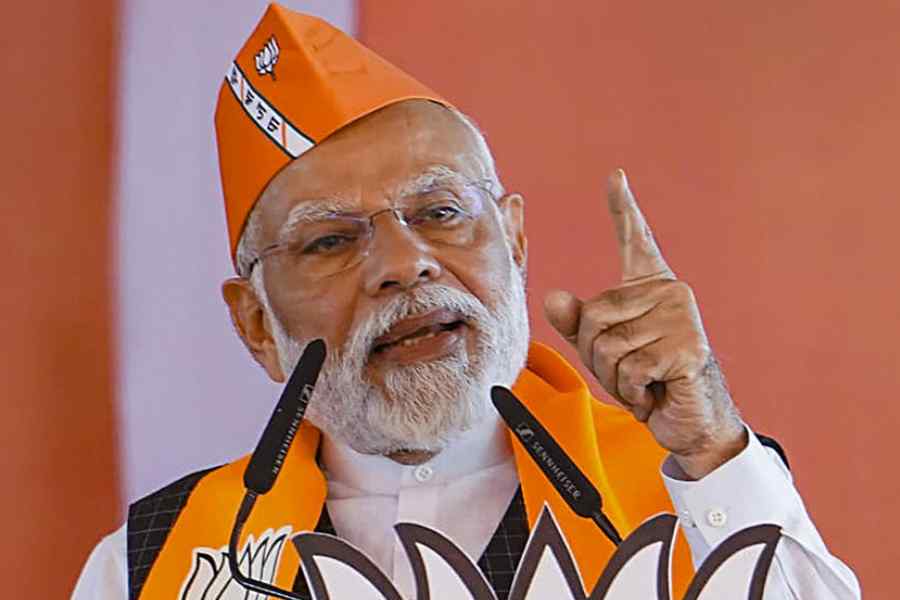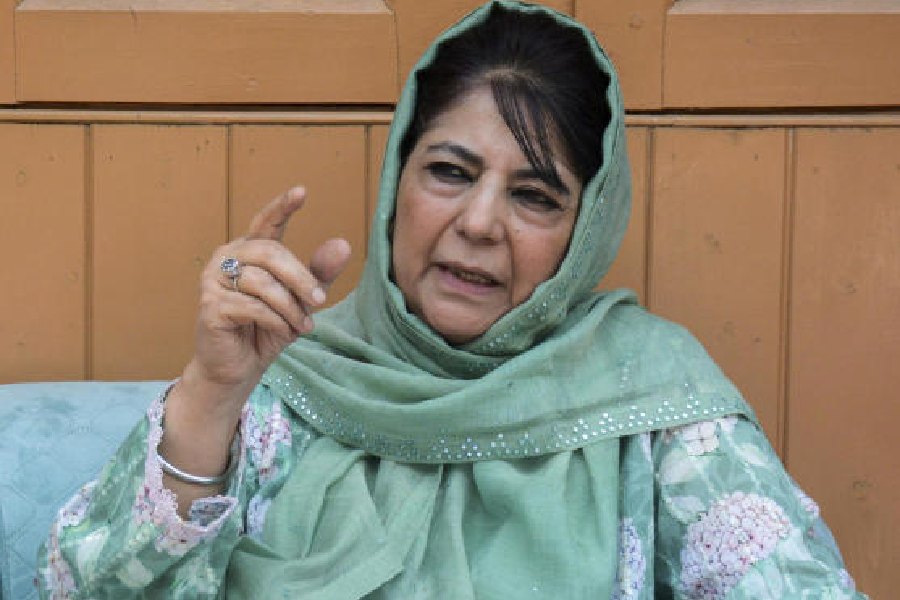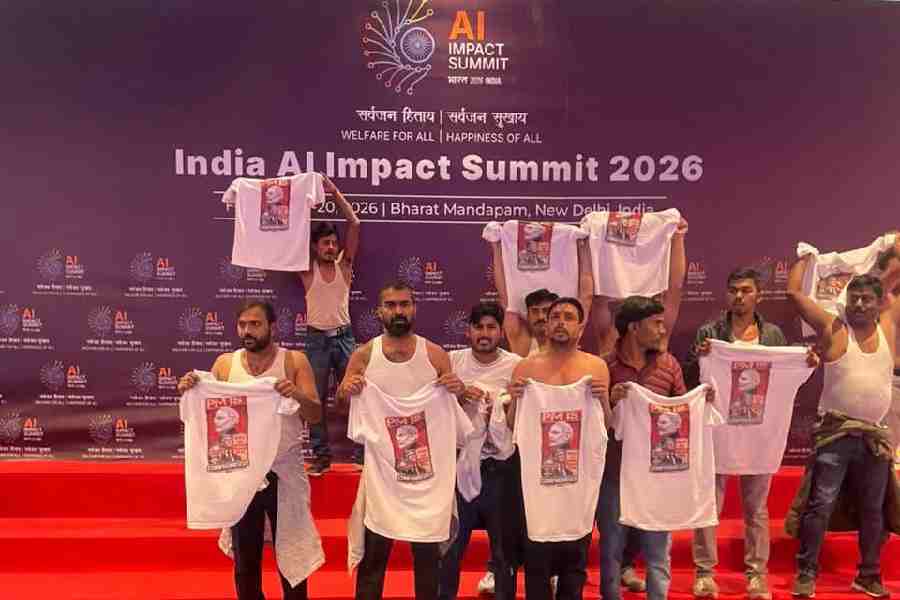Has the prime minister — finally — swallowed the proverbial rewdi? Less than a fortnight after criticising electoral promises as an example of rewdi culture at a poll event in Madhya Pradesh, Narendra Modi has announced the continuation of one such sop: Mr Modi’s government will continue the programme of free rations for the poorer segments of the population, a welfare measure that, experts suggest, has been critical to the Bharatiya Janata Party’s electoral success in, say, Uttar Pradesh. Of course, the prime minister's volte-face has revealed his double standards. He has been critical of welfare schemes, especially those introduced by Opposition parties, lambasting such measures as political popsicles that are deleterious to the health of the economy. Ironically, the BJP’s populist programmes, be it free rations or, to cite a fresh example, the sops that the party’s manifestoes have pledged in poll-bound Madhya Pradesh and Chhattisgarh, cannot be described as freebies by Mr Modi’s twisted logic. What has also been exposed in the process of Mr Modi’s about-face is the prime minister’s hollow claim on the state of the economy. Recent data from the Centre for Monitoring Indian Economy have pegged unemployment at over 10%; inflation continues to bite; inequality is worsening. Mr Modi’s monumental failures on the economic front have intensified the public need for sustenance on political welfarism. In fact, there is a case to argue that the Congress’s recent electoral successes on the basis of its promises of welfare — Karnataka is an example — may well have prompted the BJP to take a leaf out of its rival’s book for this electoral season.
What is interesting to note is that the deepening economic distress notwithstanding, the debate on welfarism evokes criticism. Sops, some economists and politicians argue, are poultices with short-term effect and, the argument goes, impede meaningful development. But in a country mired in poverty and iniquitous development, the compact between the State and the citizens cannot be devoid of an assurance of basic amenities like healthcare, education and employment. Moreover, is the line separating a sop and a public entitlement always clear? People’s political choices continue to be shaped by an elected government’s performance in the delivery of public benefits. Is the demonisation of welfarism then a clever ploy of absolving the State of its commitment to collective betterment?











